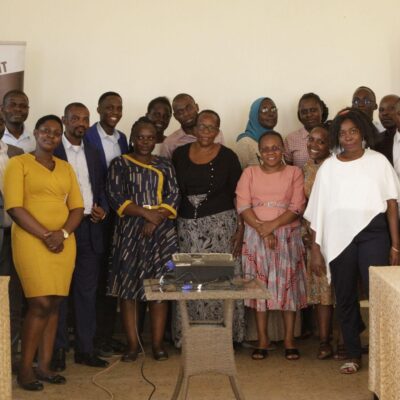How can we unite across generations to tackle COVID-19 and build back a better world for everyone?
On Wednesday, in partnership with HelpAge International, we gathered over 200 young and older activists from more than 40 countries to find out.
It was a lively discussion co-hosted by three members of our Youth Power Panel -Ines Yabar (Peru), Dexter Galban (Philippines) and Natalie Robi (Kenya)- with lots of interesting perspectives shared from more than 40 countries around the world.
Here’s a snapshot of what was said:
“COVID-19 has really put a spotlight on ageism. The role of older persons in our societies as caregivers, such as taking care of grandchildren – work that would normally be done by paid employees – has been totally overlooked. Instead older persons have been uniformly painted as frail, unable to take care of themselves, and useless to society.“
– Irene, Canada
“I believe the younger generation is flexible and can help older generations but here in Somalia the older generation rule. They are the leaders. They have most of the jobs and unemployment is huge. I believe we [young people] have new ideas to bring. I think the older generation need to be more flexible and ask to hear from us.“
– Mayram, Somalia
“There are a lot of stereotypes on both sides. I was helping renovate a care home with some other young people and the older people thought we were criminals doing time rather than volunteering to help. It’s very important we connect across generations. I am creating a pen pal initiative between older and young people, as many younger and older people are feeling quite alone right now so we can write to each other and help bridge that divide.”
– Freya, UK
“Many old persons have been left behind as younger people are locked up in urban areas and are unable to help older populations in rural areas. There are not enough social systems in place. This needs to be addressed by younger people and older persons coming together. I am a young person today, I’ll be an older person tomorrow. We have to share our struggles.”
– Robert, Uganda
“Dr Daniel, USA/Nigeria The difference in impact of COVID-19 is affected by health and socio-economics. It doesn’t fit neatly into an older / younger divide.
“There are older people needing to work and younger people with underlying conditions, including HIV and AIDS. Authoritarian governments are happy with the situation, as people cannot move around or organise.
“Education and access to healthcare is also now more important than ever, and it was a massive challenge before.
“At least 25% of the African population have joined those in abject poverty (less than $1 a day) and it has exposed the fact that leaders are not able to live up to the promises of the SDGs. The SDGs we committed to have not been recognised.”
– Dr Daniel, USA/Nigeria
“Parents who are staying home, are becoming frustrated and this is resulting in more child abuse. A growing number of young people are also getting frustrated with lock-down and are prone to break it. There is too much pressure to continue studying from institutions and parents and it’s having a negative mental impact and compounding their frustrations.”
– Samia, Bangladesh
“The main problem we are facing as a consequence of COVID-19 is mental illness and mental health. Myths, fake news and social media are really playing into this, especially among older people and false narratives are convincing young people they are immune to COVID-19.”
– Nishu, Nepal
“There is no vaccine and no treatment. The fear for older people now is psychological torture. We need to invest in psycho-social services. Youths can help encourage older people to take up these services as they may be reluctant to do so. Youth and elders must work together to advocate for inclusive policies that will benefit us all in a fair way.”
– Joseph, Tanzania
“Despite the negative portrayal of young people in the media as spreaders, young people in Nairobi have been mobilising to spread messages, personal protective equipment and information. Young people, who are well respected and connected in communities in rural areas, have become community volunteers and are spreading important messages. Young people are also taking a large caring burden, looking after children and older people.”
– Stacey, Kenya



